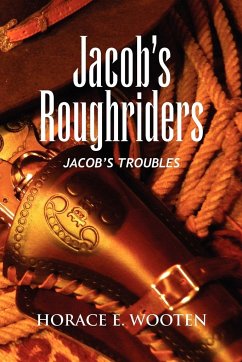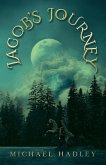Most of the adventure written in this book, really occurred. After slavery was abolished, many Negroes joined up to fight with the Union army to help win the war over slavery. At first, they were not accepted, but later at the loss of many white soldiers, the Negroes were allowed to join the army, but only in a segregated regiment called the colored troops. After the Civil War was won, the colored calvary was born. They were called the 9th and 10th calvary of the United States Army. They fought Indians, chased outlaws, and escorted settlers across the plains. The colored calvary was given tough and dangerous assignments; but they fought magnificently and won every fight they were engaged in; with few or no casualties. The colored troops were very skillful and courageous; the Indians respected them as brave fearless warriors. They were given the name "Buffalo Soldiers," because the buffalo is sacred and highly respected in the Indian Nation. Also, the Indians thought the Negroes' hair was similar to the kinky, curly hair of the buffalo. The Seminole Negro Indians were the best scouts and trackers in the country, and many were drafted into the Army. It is recorded that many Negro soldiers were decorated highly for bravery, and received the Congressional Medal of Honor. In 1847, Jacob Washington was born a slave and was freed during the Emancipation Proclamation in 1863. At the age of sixteen, Jacob left the plantation and traveled west to Texas, where he fulfilled his dream as a cowboy. Jacob got a job on the Circle (G) Ranch, working for Bill Goodman as a wrangler. Jacob changed his name to Jake, and received lots of experience. He helped push cattle northward up the Chisholm Trail into Oklahoma (Indian Territory) and on into Abilene and Dodge City, Kansas.
Hinweis: Dieser Artikel kann nur an eine deutsche Lieferadresse ausgeliefert werden.
Hinweis: Dieser Artikel kann nur an eine deutsche Lieferadresse ausgeliefert werden.








